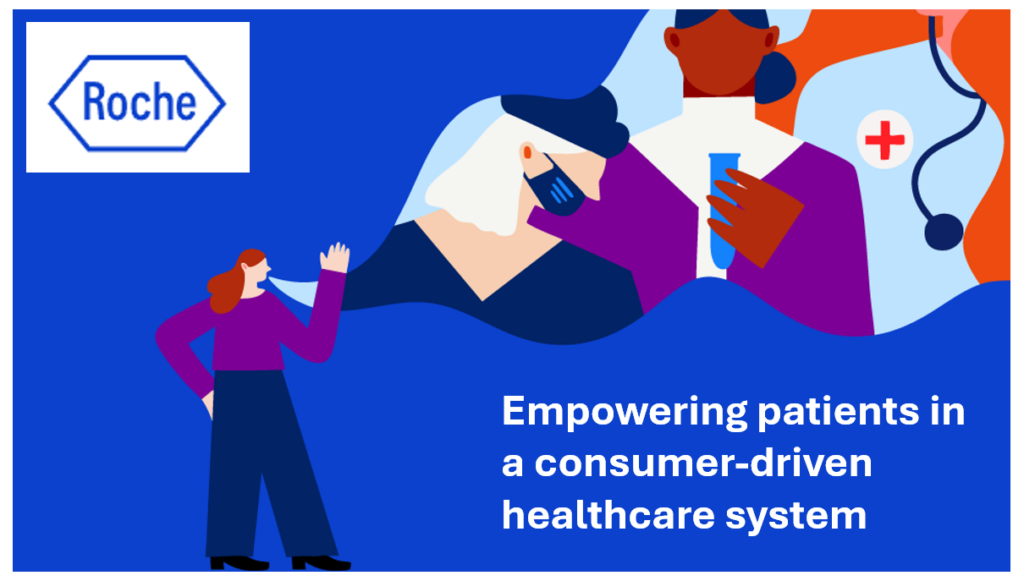If mobile medical services were available to Americans today, 40% would use the service in addition to seeing their doctors.23% of people would replace the doctor with mobile medical services.
1 in 3 people wouldn’t use the service at all.
Welcome to the era of “m”-everything — mobile-everything, 24×7. And health is a natural partner for “m.”
These stats come from a survey released by CTIA-The Wireless Association, in conjunction with The Harris Poll. The poll was conducted among American adults in September 2009.
The 23% of health citizens who would use mobile health services instead of going to the doctor’s office are the leading edge of patients who are interested in mobile exams and clinical consultations, wellness support, monitoring, and medical reminders.
As detailed in the chart, not every medical application is of interest to American health consumers. Less interesting applications for mobile health are infant monitoring, mobile skin screening, and mobile medicine administration (i.e., support for medication/Rx adherence).
Health Populi’s Hot Points: What health citizens stand to benefit most from mHealth? The answer is everyone. In particular, the survey found that people in remote areas, people with chronic diseases, retirees, and caregivers are seen as the big beneficiaries of mHealth.
Looking at the second chart on the most appealing aspects of mHealth applications, one that slips through the demand side is mobile medication administration. Yet this relates directly to sound chronic care management, wellness and monitoring — categories that consumers highly value in mHealth apps. There is important education to be done for this strategic health issue. Safe administration and consumption of prescription drugs leads to higher efficacy, better outcomes and mitigation of medical risks. That means fewer accidents and emergency room admissions, and better health for the masses.
It’s encouraging to see Americans embracing the promise of mobile health. People like the idea of care delivered at home, the security of being ‘watched’ by a health coach or caregiver, peace of mind, and freedom 24×7. In fact 19% of Americans surveyed said they’d upgrade their existing wireless plan to include mobile health services. Verizon, AT&T, et. al.: take heed!
Beyond the promise, there’s adoption — and that can be bolstered through giving patients incentives and nudges toward using mobile health services, especially for wellness, monitoring, and meeting with physicians.




 I was invited to be a Judge for the upcoming
I was invited to be a Judge for the upcoming  Thank you Team Roche for inviting me to brainstorm patients as health citizens, consumers, payers, and voters
Thank you Team Roche for inviting me to brainstorm patients as health citizens, consumers, payers, and voters  For the past 15 years,
For the past 15 years,